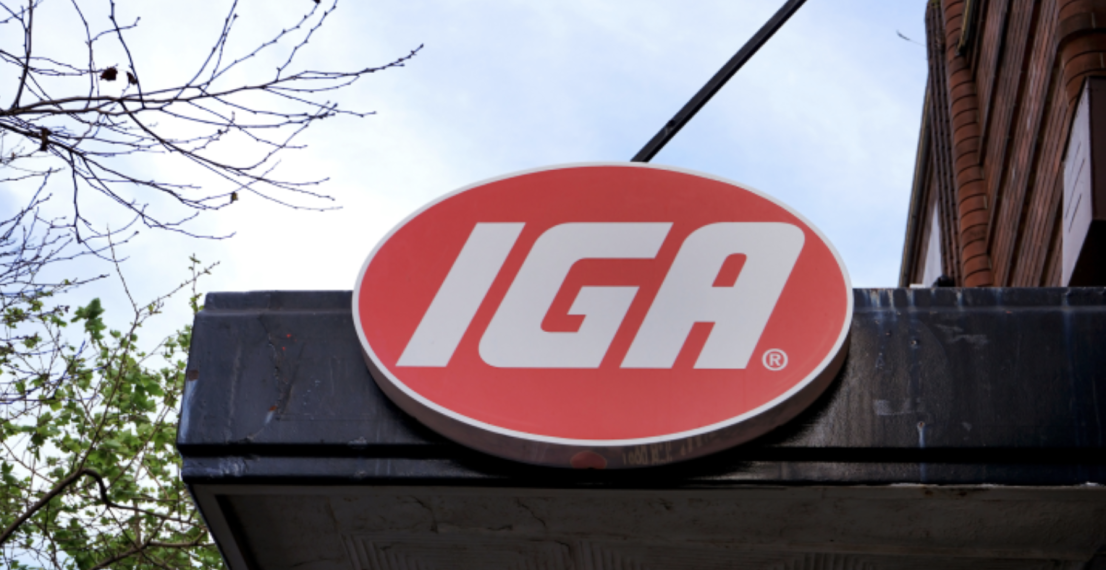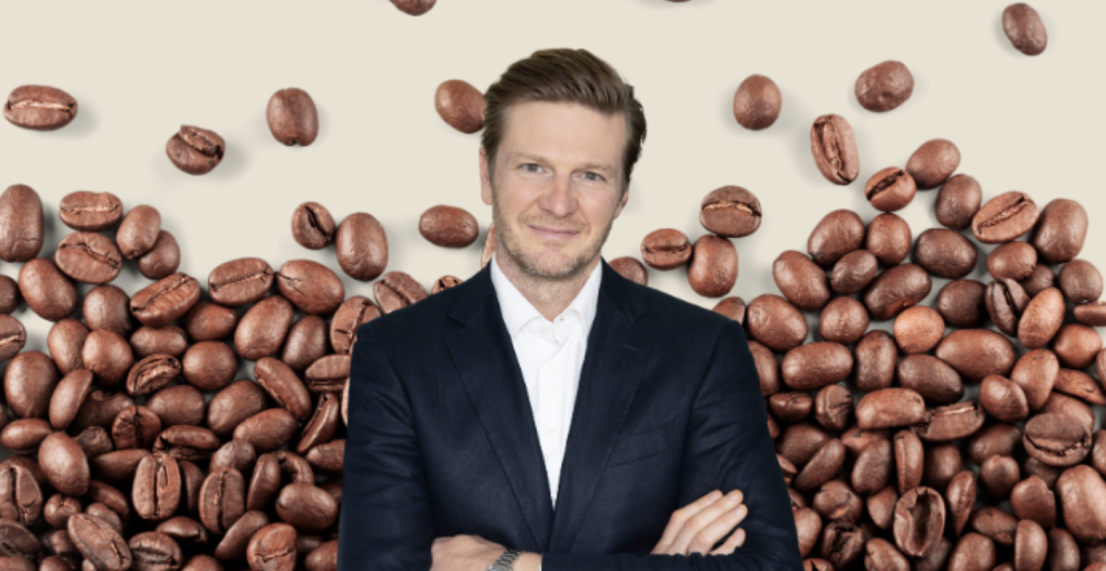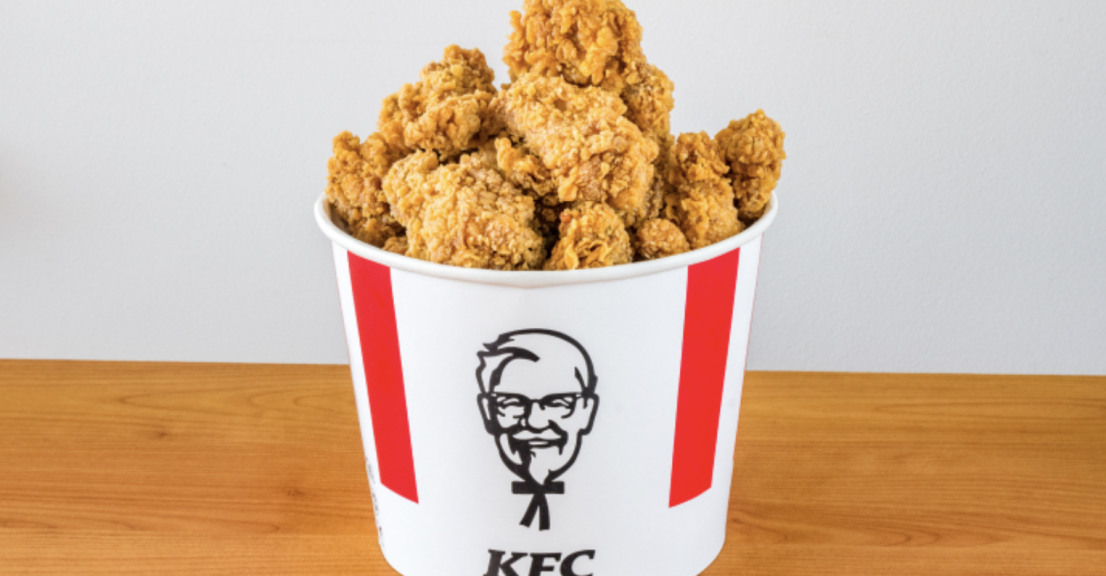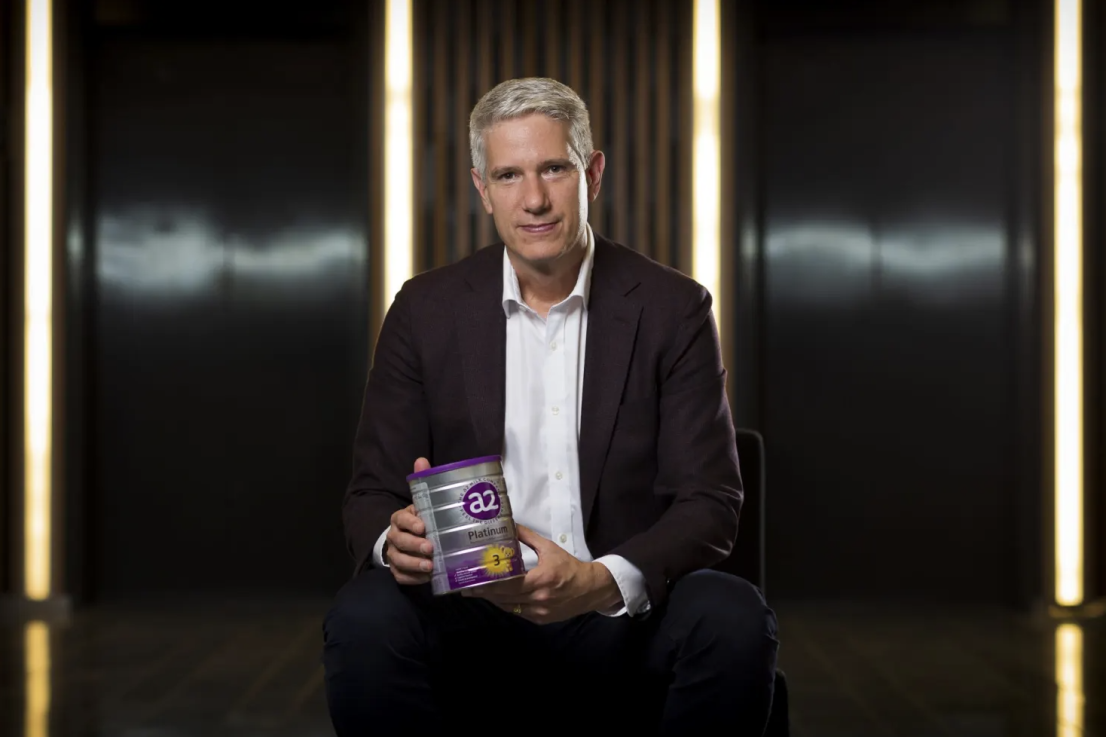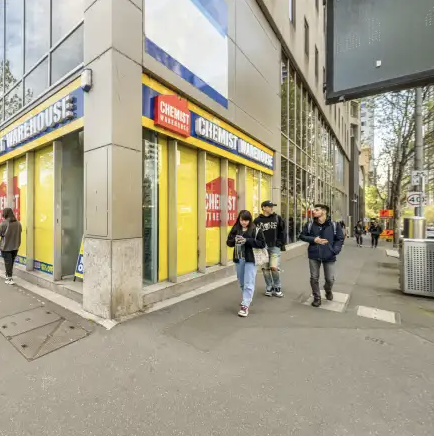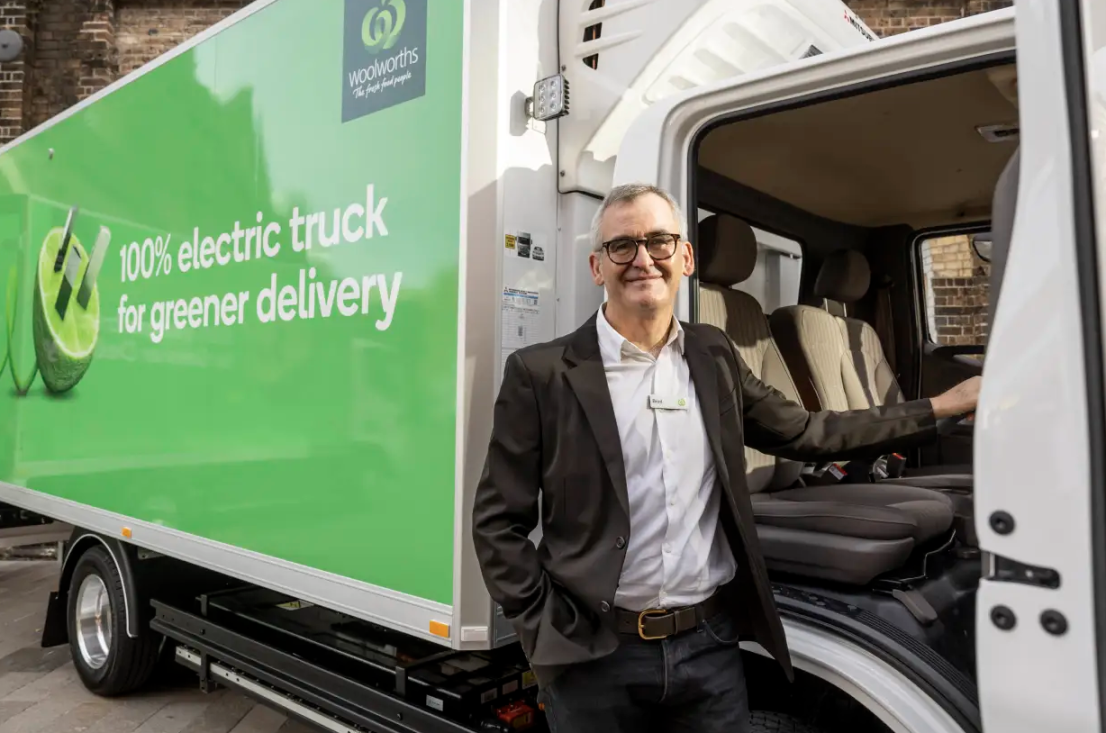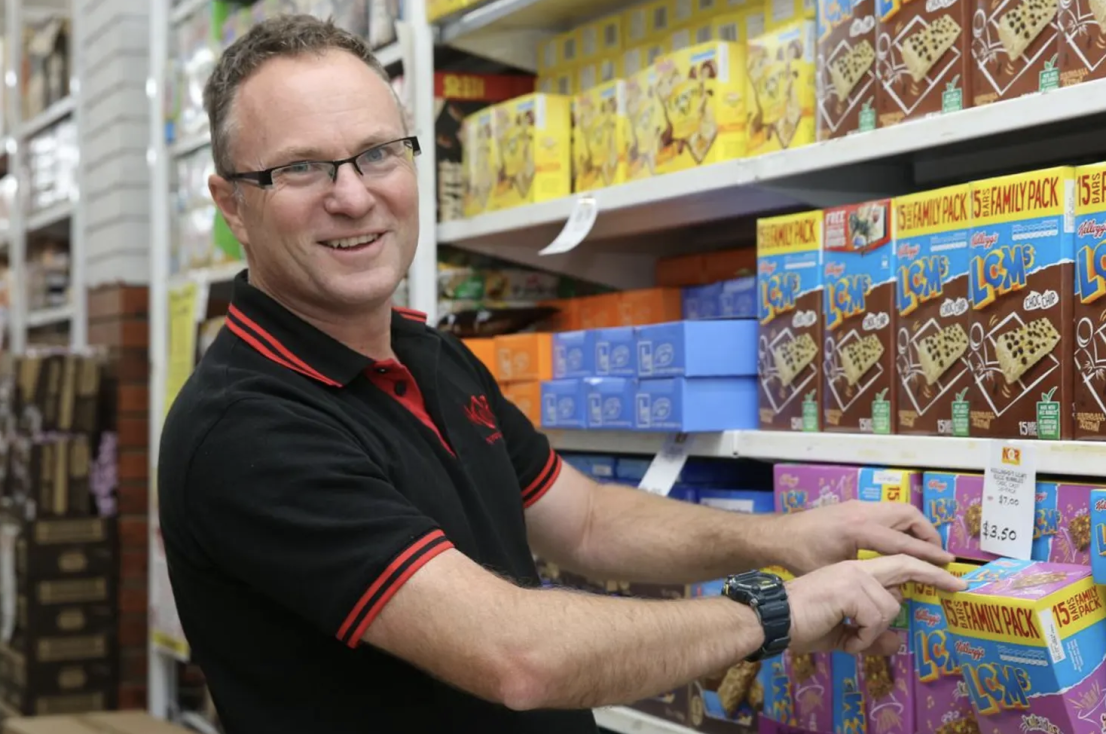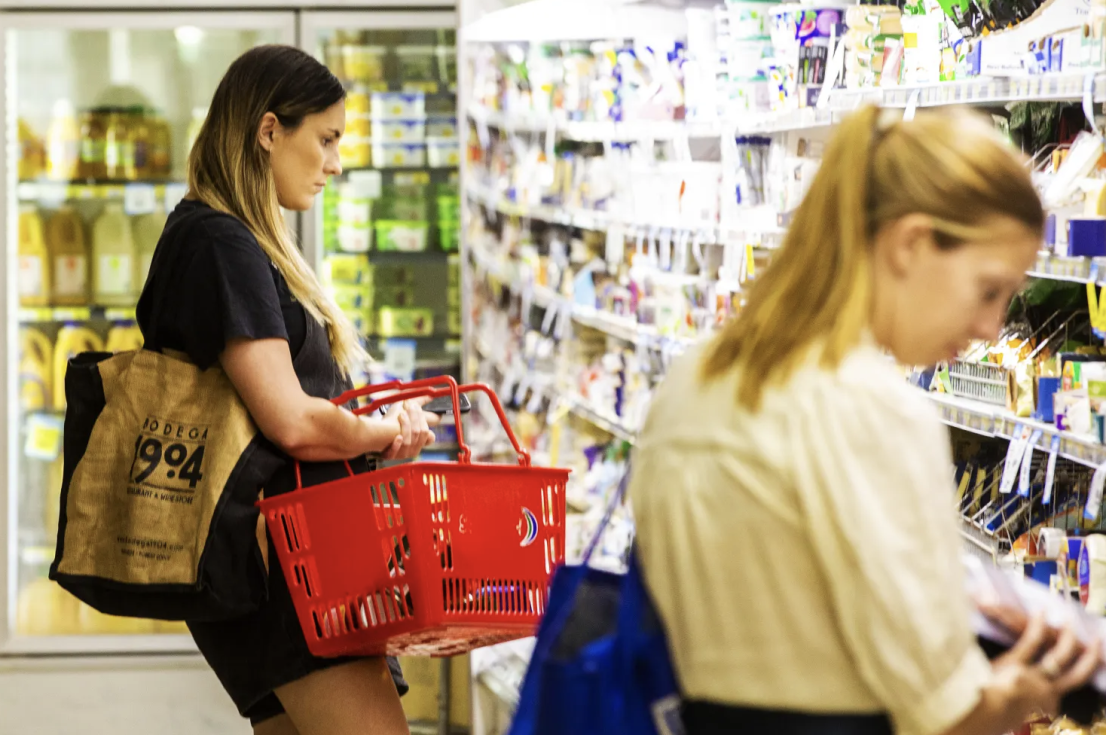
Metcash boss Doug Jones says IGA stores are taking the fight to Coles and Woolworths, offering Australian households a “real value” alternative to the two supermarket giants.
Jones said successive interest rate rises and increasing grocery prices had started to affect shopper behaviour, with IGA well-placed to capitalise on customers looking for better deals and a wider range of products.
“We think our network offers real value when it comes to products, [as well as] well-staffed and very enticing deli areas – we think that stands us in very good stead,” he said.
“The customer value proposition in an IGA is fundamentally different. The community-based store resonates with Australians. Because the managers or the owners are from and of the community, they often source products that are particularly relevant to their local communities.”
Shares in the ASX-listed grocery wholesaler shot up as much as 8 per cent on Monday after it beat market expectations with a 7.6 per cent jump in profits to $259 million in the 12 months to April 30.
Metcash’s full-year revenues increased by 6.2 per cent to $15.8 billion, with the company reporting it had managed to hold on to most of the shoppers who relied on local IGA supermarkets during the COVID lockdowns.
“As they’ve rediscovered their community stores, they have really liked what they’ve seen,” Jones said.
As the battle for consumer wallets intensifies, he said Metcash wanted to remind shoppers that there was choice in the grocery sector beyond the major supermarkets.
The company’s management says IGA has made significant progress narrowing the product price gap between itself and its competitors over the past two years, and has expanded its price match program to put hundreds of products in line with Coles and Woolworths shelf pricing each week.
Metcash is also competing against retail giants in the hardware and liquor spaces, through its operation of brands such as Total Tools, Mitre 10, Cellarbrations and The Bottle-O.
The company’s hardware sales jumped by 10.6 per cent to $3.4 billion for the year, and are now the biggest contributor to overall earnings before tax, making up 42 per cent.
Jones said that while home building trends were starting to normalise, growing demand for smaller renovation programs benefited the business given its focus on serving small and medium building customers.
Metcash’s DIY business, which accounts for about one-third of its hardware segment, was also staying competitive on product pricing.
“We want to remind shoppers that there’s a choice – and we recognise that like in food and liquor, they have a choice as to how they manage their budgets. We want to be part of their choice set.”
MST Marquee analyst Craig Woolford said the latest numbers represented a resilient performance from the company.
“Metcash has delivered a solid FY23 result and demonstrated it has retained the majority of its customer wins during COVID,” he said in a note to clients.


